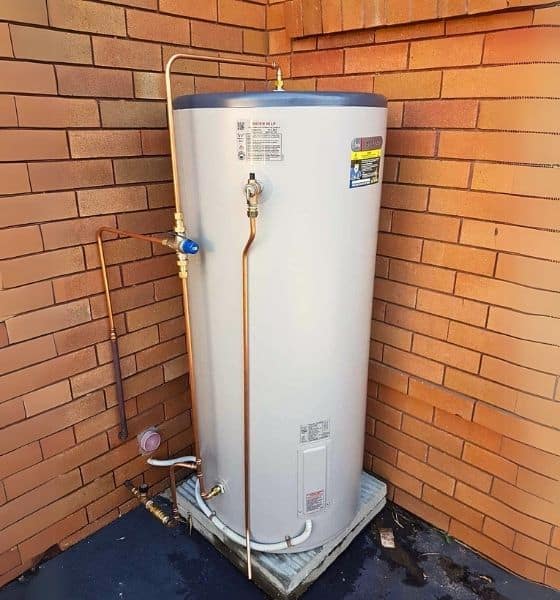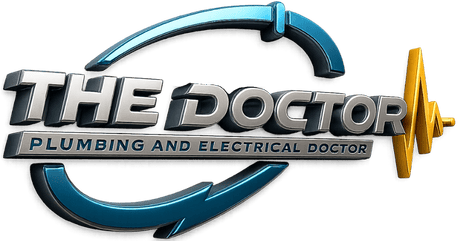Best Water Heaters
When it comes to picking the best hot water system, there’s no one-size-fits-all answer. Every Aussie home is different—and so is every household’s hot water usage. The right system for you is the one that ticks the boxes for efficiency, cost-effectiveness, and daily demand.
Let’s be real—hot water isn’t just a luxury, it’s a daily essential. Whether you’re washing the dishes, doing the laundry, or taking your morning shower, a reliable water heater makes life easier and more comfortable. So how do you pick the right one?
My Household Setup: A Real Example
We use cold water for most laundry loads, and the dishwasher heats its own water—no extra load on the hot water system.
Showers are short and sweet—around 7 minutes—and we’ve fitted water-saving showerheads to keep the flow down.
Our north-facing roof is a beauty, so we’ve installed a solar hot water system with a 300-litre highline tank. On sunny days, which are most days here, we don’t even touch the electric booster.
How to Choose the Best Hot Water System for Your Home
1. How Big Is Your Household?
2. How Much Hot Water Do You Use?
3. Got Solar Potential?
4. Do You Have Gas Access?
5. What’s Your Budget?
6. Rebates & Incentives
7. Shower Habits Matter
Common Mistakes We See on the Job
One of the biggest issues we see out there? Undersized systems trying to do too much. A 125-litre electric system for a family of four just doesn’t cut it. The poor thing’s working overtime, chewing through power, and still leaving people with cold showers.
In cases like these, switching to a 315-litre unit running on off-peak power or upgrading to a solar or heat pump setup can save you a fortune on energy—and actually keep up with demand.

Final Thoughts: Don’t Leave It Too Late
It’s tempting to wait until your current system dies before looking to replace the hot water system, but by then, you’re often forced to make a rushed decision. Planning ahead means you can choose a system that properly suits your household—not just whatever’s in stock that day.
Talk to your local licensed plumber—they’ll give you solid advice based on your home, your water usage, and your energy options.
The right system can lower your bills, reduce your environmental impact, and keep your family comfortable all year round. A bit of planning now can save you a lot of hassle later.
Want help figuring out the best hot water system for your place? Give us a bell—we’re happy to help.
THE DOCTOR GETS IT DONE

